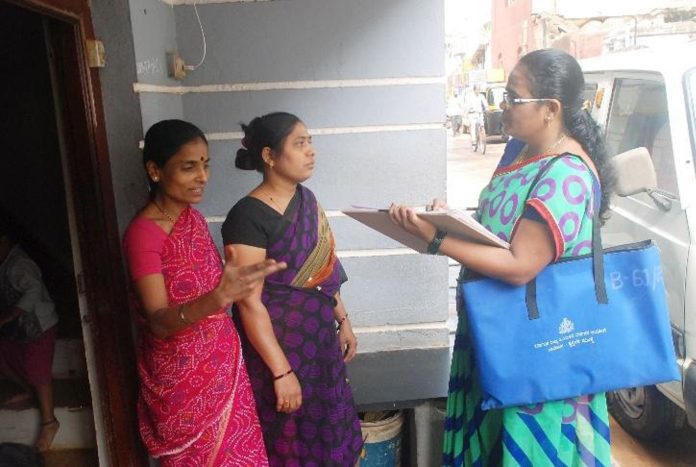- Looked at from any angle, the caste conundrum surrounding the Indian polity has been entrenched firmly in the political firmament and guides the various government policies unambiguously. The scenario has not undergone any significant changes ever since the country gained independence. The very existence of the national as well as regional parties is prominently based on labyrinthine caste equations that cannot be easily deciphered by the people unfamiliar with the same. Mind you, the clamoring for even more quotas and reservations is perpetually on the rise simply because the political parties are always looking to consolidate their assiduously built vote banks banking on caste permutations and combinations.

PC: Mukesh Ranjan
- On the one hand we earnestly intend to qualify as one of the most developed nations in the world asserting to move ahead on all economic parameters in line with the modern-day requirements. On the other hand, the aspirational society that we represent is severely undermined by the political parties who still wish to uphold caste as the primary policy guideline despite knowing fully well that meritocracy should be the all-encompassing driving point. We know how the Bihar government has undertaken a caste survey in the state on the lines of all political parties asking for the enumeration as it feeds into their mobilization strategies. The pressure ahead of Census 2011 for caste enumeration was intense enough for UPA to form a group of ministers to examine.
- Needless to mention, one can be sure that the government that oversees the next census will also face huge pressure to enumerate caste. Caste represents both the fundamental fault line and social grouping of Indian society. It spans religions – in Census 1931 over 300 castes were categorized as Christian and over 500 as Muslim. Post-Independence, censuses were limited to enumerating just SC/ST. But neither enumerators nor people have any discretion. GOI identifies groups that fall under these categories and enumerators do a basic headcount. Expanding this to enumerate other castes is very complicated as caste defies standardization across regions. No wonder, the results can be bewildering. Note that Census 1931 identified 4,147 castes.

PC: Representational Image
- As reported, around 2004, an India Human Development Survey result led to a count of 7,372 castes. There’s a worry that a caste enumeration will lead to a breach of the 50% cap in the reservation. SC has already opened the door to it as a constitution bench last year upheld EWS reservation in a 3:2 verdict. The minority opinion warned breaching the 50% cap for EWS may lead to the right to equality being undermined by the right to reservation. As a polity, we would have been better off with class, not caste, as the locus of political mobilization for economic development. Remember, the pace of structural transformation cannot be increased by more slicing and dicing of society. Alas, which political party would go against the established norms?






